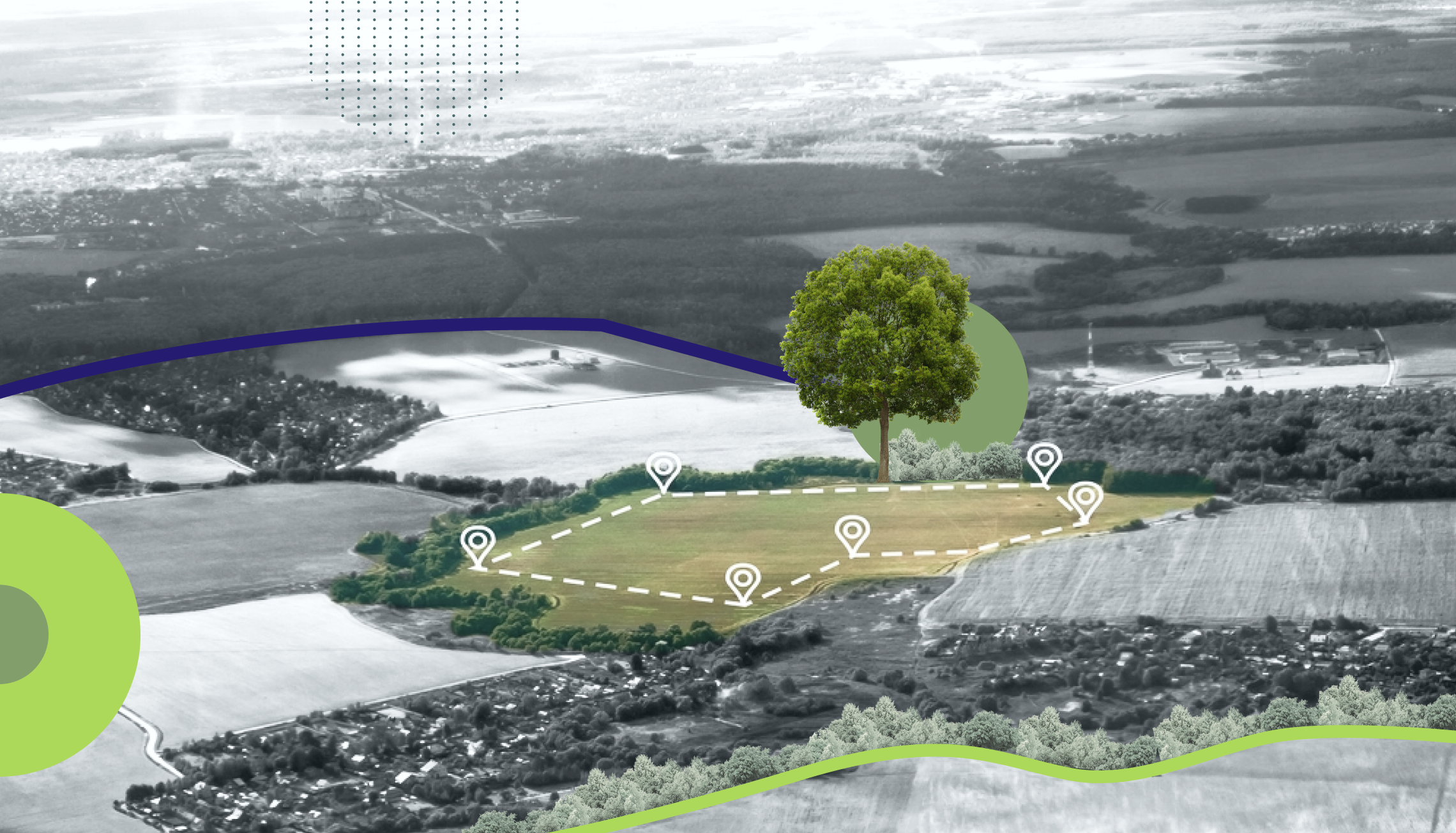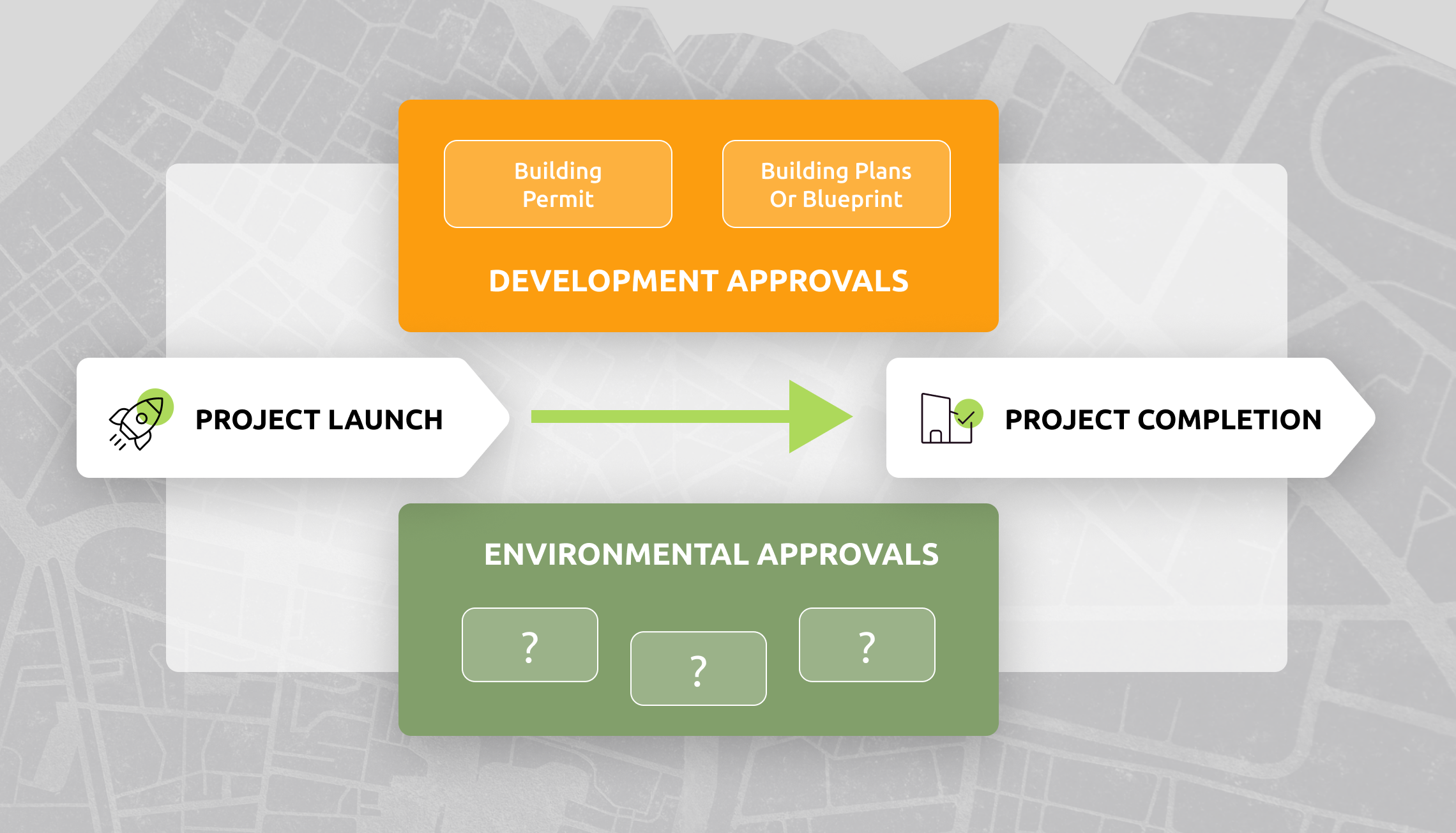
Many people make the mistake of minimizing the role their environmental consultant will play in the overall development project. But, working with someone who takes these 5 critical factors into consideration could be a game changer.
As you begin the process for developing a piece of real property, the checklists and initial hazards to avoid are seemingly endless. The first critical step to perform well is assembling your team that will be with you during the project and possibly beyond. Ensuring you have the right people by your side will help mitigate future issues that could have a huge impact on timing – and your budget.
Many developers make the mistake of minimizing the role their environmental consultant will play in the overall development project. They assume their environmental consultant is merely needed for purposes of raising their hand if they spot an egregious potential violation or for filing paperwork. But your environmental consultant should not be a passive member of your team. In fact, their advice and recommendations could prove to be critical to the overall big picture and success of the project.
When working with an environmental consultant, be sure you are working with someone who takes into consideration the following five essential factors:
The Project Concept and Overall Goals

Yes, of course your environmental consultant will have experience and degrees in biology, archeology, and environmental regulations. But they also need to have an overall sense and understanding of your land development goals and objectives and how they will be implemented through your architectural and engineering plans and your contractors.
You want to make sure you have an environmental consultant who is comprehensive enough, and has enough experience in development, that they understand what you are trying to do, so they can then help you assess what is on the property and make the best development decisions.
Comprehensive Due Diligence

Your environmental consultant is hopefully adept at performing the due diligence steps needed to vet a property for environmental issues. Often though, developers only think about environmental constraints after their architect or engineer has prepared a concept and has received a notice or set of requirements from an agency. Once this happens, the typical next step is to find a consultant who knows how to react to potential impacts your project may have, but most are narrowly focused on the scientific or legal aspects of the environmental issues on your property and do not view your goals or the development potential of the property as important. A better approach is to comprehensively consider potential environmental impacts in light of how the property may reach its highest and best use. Your environmental consultant should be able to work with your engineer and other key members to strategically craft a development plan that both avoids and minimizes environmental impacts while maximizing potential and profits. Understanding how the development will operate and engaging in strategic sessions regarding permit approvals to support the same will allow owners to make changes at the beginning of the project when it is easier to be flexible.
Parallel Deliverable and Approval Timelines

Development requires a multitude of different consultants and engineers to get the project off the ground. Thus, you will have to juggle quite a few approval and logistical timelines. While your team may be focused on specific development approvals, such as a tentative map or other land use or building permit, they are less likely to understand which environmental approvals are needed, what steps are required, and how those deliverables parallel or complement other development approvals. Consequently, you may lose time and money by not thinking about starting technical reports before submitting plans to your local city or county, or end up being blindsided by a surprise requirement that turns up long after you could have avoided it. Additionally, you may be able to significantly reduce your project timelines by having a clear understanding ahead of time what approvals you will need and how they can be coordinated to save valuable consulting time on otherwise redundant tasks.
Mitigation and Monitoring Strategy

If your project will impact the environment in any way, you will be required to implement or purchase potentially expensive mitigation and monitor construction to make sure only approved impacts occur. While many environmental consultants are capable of navigating agency negotiations from a technical standpoint, they often do not approach them from a strategic standpoint that could save you time and money and instead agree to mitigation and monitoring measures that are overbearing or could have been handled with less effort.
Once your permits have been approved, your environmental consultant should be there to help you interpret how to comply with conditions of approval and then work with your contractors to manage survey and monitoring requirements. Strategy and communication between agencies, consultants, and contractors are important as it is easy to miss deadlines or end up requiring multiple surveys and reporting issues that drive up costs and delay the project.
Your environmental consultant should then stay diligent throughout construction to monitor the project when needed so compliance requirements are met while keeping costs to a minimum. Last, your consultant should make sure all conditions of approval are buttoned up as much as possible upon completion, including final reports and all necessary permits, so that you are not faced with compliance issues further down the line, in the future.
How Data and Documents will be Used by Others

Your environmental consultant should constantly be thinking about how information they collect can be used by other consultants and contractors as your project develops. Often, however, environmental scientists and planners who are otherwise very capable at completing required tasks do not take advantage of modern technology or fine tune processes for data collection that anticipates future needs. For example, in most instances, when collecting information for purposes of surveying a property, most environmental consultants do not need very specific data collection, such as identifying the exact locations of site features or matching observations with topographic information. While their mapping may at first look adequate, this approach leads to environmental impact determinations that may not take into account all factors or engineers who rely on this information being frustrated with inaccuracy or absence of data as they complete improvement plans. Poor data collection also can lead to a lot of redundancy throughout the project as the same information is needed multiple times. Thus, your environmental consultant should pride themself on the accuracy of their measurements and level of detail included when surveying a property.
Cox Planning Solutions has the Team of Experts You Need

Cox Planning Solutions specializes in obtaining environmental permits and other approvals for its clients by first developing a strategic plan that minimizes time and money while maximizing value and then assisting with implementation. Cox Planning Solutions can manage the entire development process or work with your team to complete the environmental approvals you need.
Contact us today!




